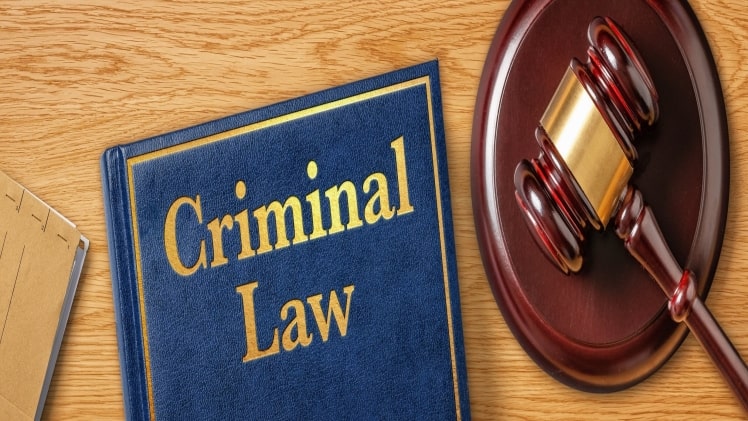In criminal defense cases, the evidence presented by the prosecution can be the deciding factor between a guilty or not guilty verdict. Therefore, challenging the evidence presented against a defendant is a critical part of building a strong defense. There are several strategies and techniques that criminal defense attorneys use to challenge the evidence in criminal cases. Learn more about defense lawyers from this website josephlento.com.
Motion to Suppress Evidence
One of the most common ways to challenge evidence is through a motion to suppress. This is a legal motion filed by the defense, requesting that certain evidence be excluded from the trial. The basis for a motion to suppress is that the evidence was obtained in violation of the defendant’s constitutional rights, such as an unlawful search and seizure. If the court grants the motion to suppress, the evidence cannot be used against the defendant at trial, which can significantly weaken the prosecution’s case.
Expert Witnesses
Expert witnesses can be crucial in challenging evidence presented by the prosecution. For example, a forensic expert can challenge the accuracy of lab results, while a medical expert can challenge the validity of a medical diagnosis or interpretation of evidence related to a medical condition. The testimony of an expert witness can provide alternative explanations or interpretations of the evidence, which can create reasonable doubt in the minds of the jury.
Chain of Custody
Chain of custody refers to the documentation and tracking of evidence from taraftarium24 the moment it is collected until it is presented in court. If the chain of custody is not properly documented and maintained, it can be challenged by the defense, potentially leading to the exclusion of the evidence. The defense may argue that the evidence was tampered with, altered, or contaminated during the chain of custody, which can cast doubt on its validity.
Witness Testimony
Witness testimony can be a critical aspect of the prosecution’s case, but it can also be challenged by the defense. The defense may use cross-examination to challenge the credibility or accuracy of witness testimony, pointing out inconsistencies in their statements or highlighting any biases they may have. Additionally, the defense may call witnesses of their own to present a different version of events, which can create reasonable doubt in the minds of the jury.
Hearsay
Hearsay is any statement made outside of court that is offered in court as evidence. In most cases, hearsay is not admissible in court because it is considered unreliable. However, there are exceptions to the hearsay rule, and the prosecution may attempt to introduce hearsay evidence. The defense can challenge hearsay evidence by arguing that it is unreliable and that its admission would violate the defendant’s right to confront the accuser.


